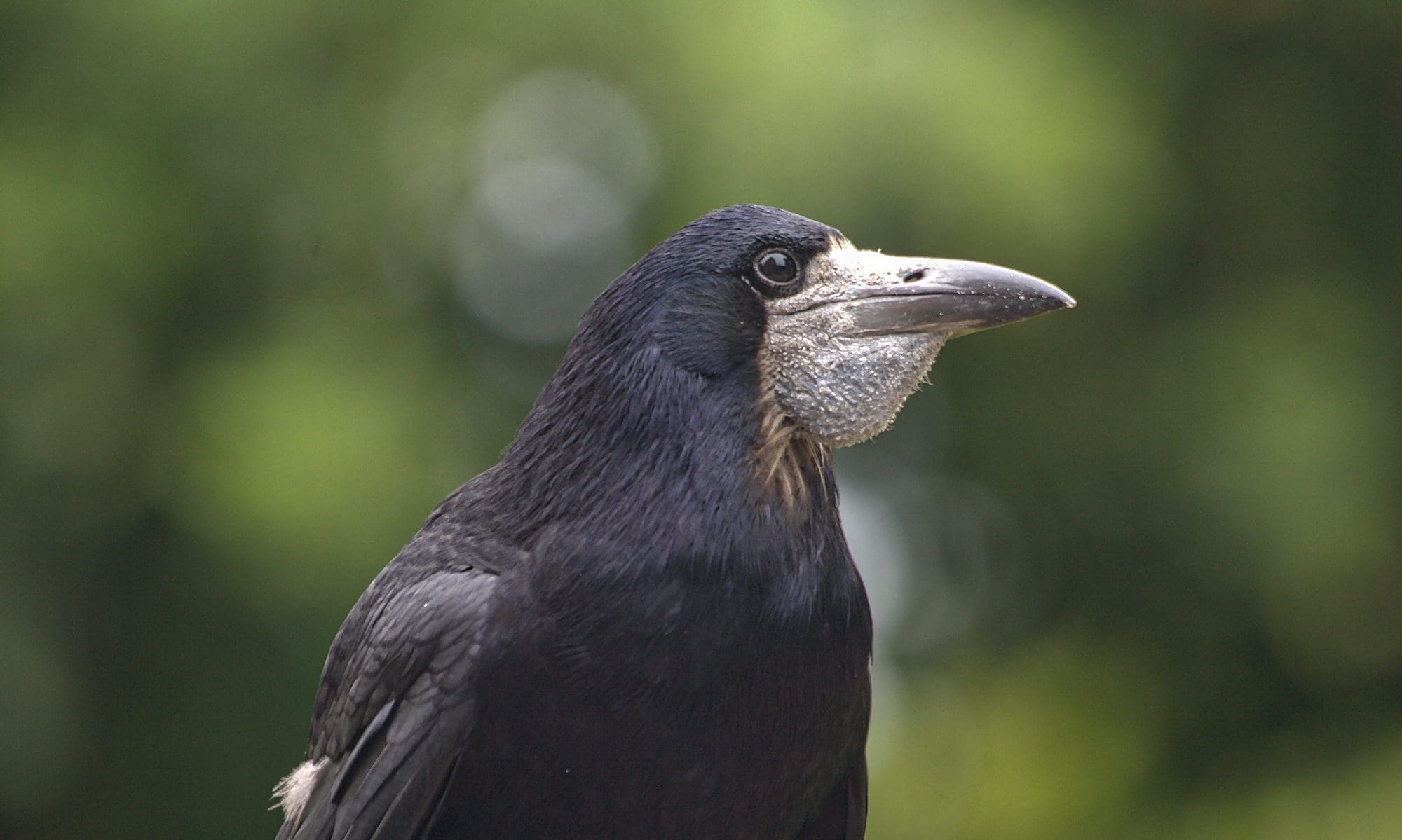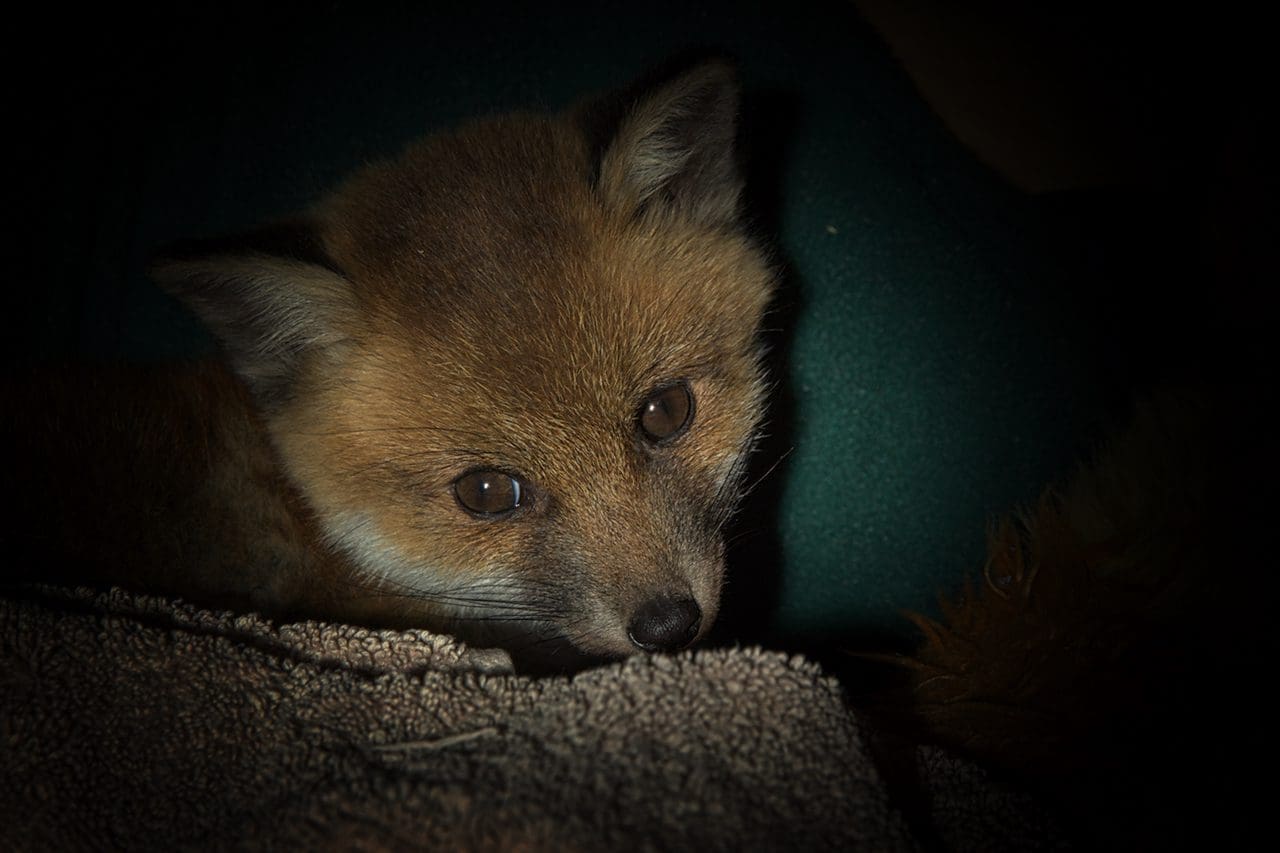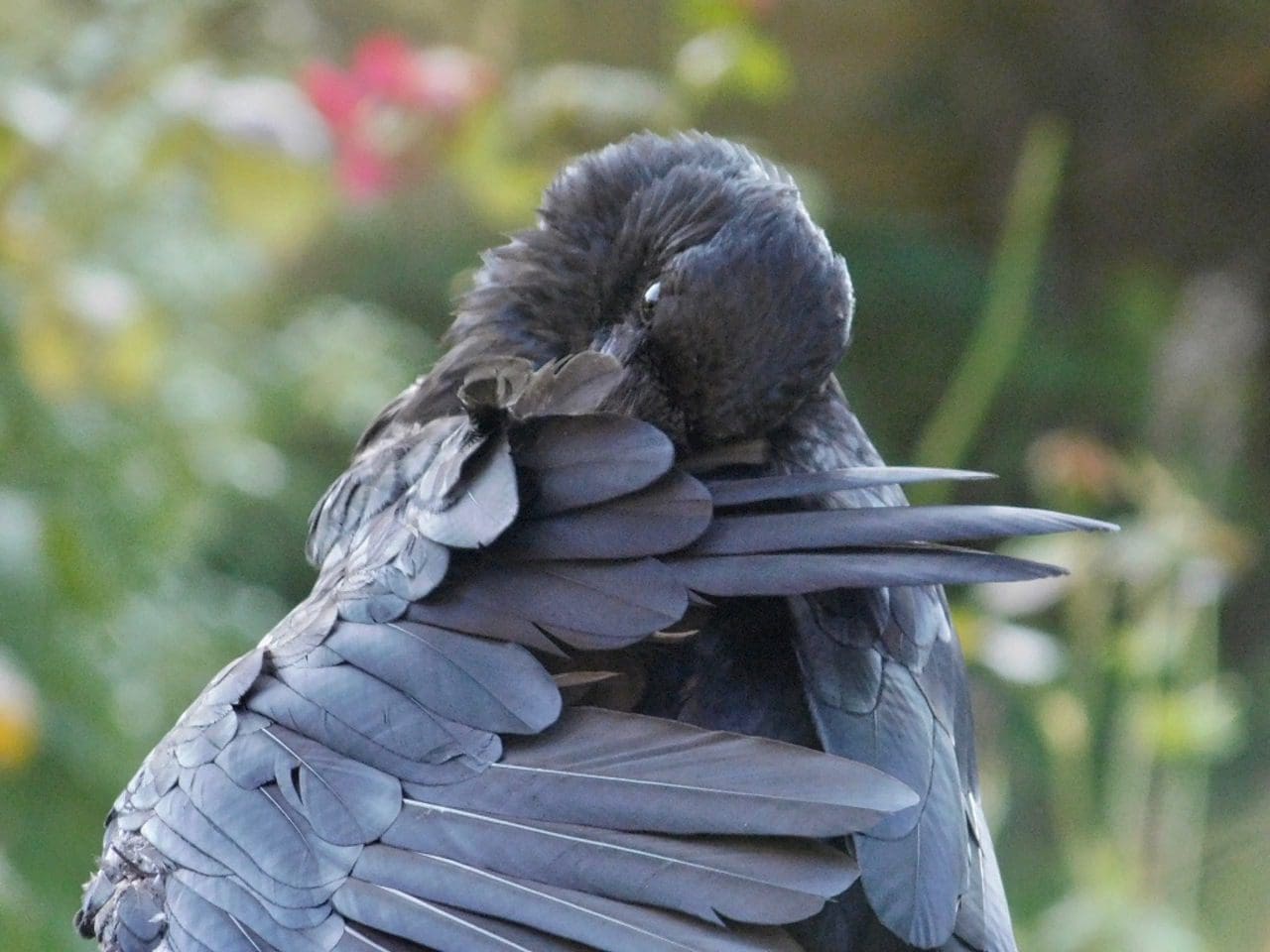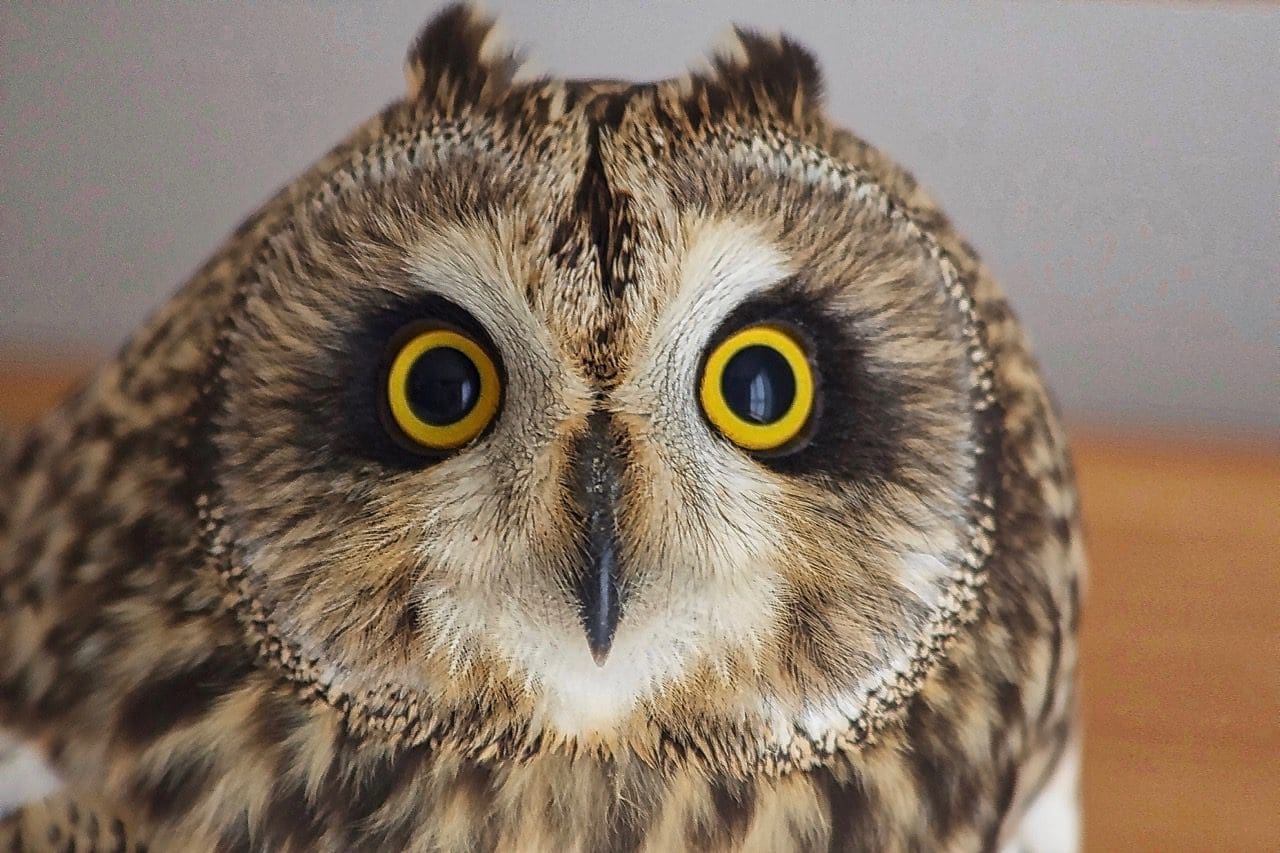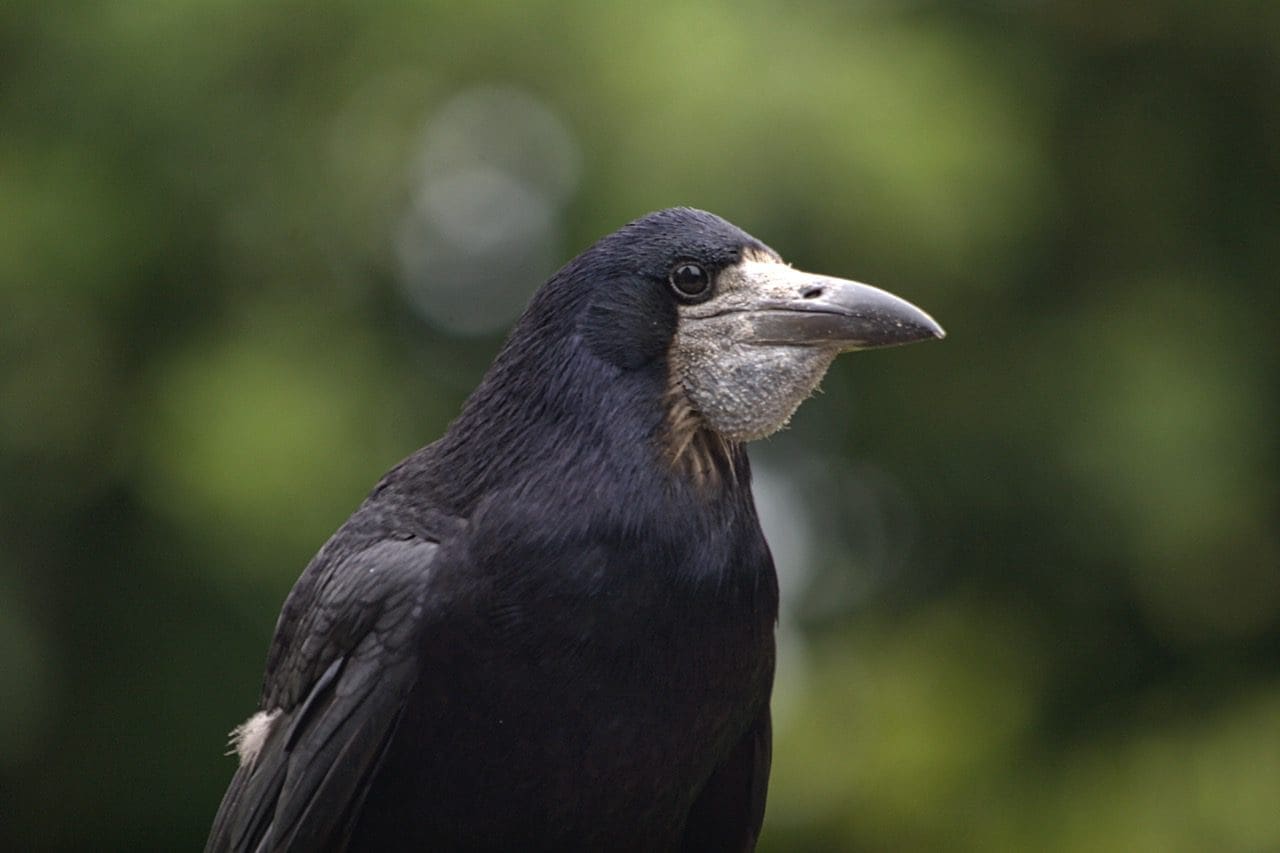This story occurred a couple of years ago, but the described scenario and underlying problem is as timeless as ever. During my evening shift as marine mammal surveyor on board of a ferry on route to Santander in Spain, I was forced to witness a small group of lost racing pigeons loosing their fight against the strong winds of the Bay of Biscay. I had to watch the drama unfolding, and there was nothing I could do to help. In this respect, spring and autumn surveys are known to be particularly emotionally demanding, as surveyors are regularly forced to helplessly watch the struggle of travelling and migrating birds. This situation is neither unexpected nor unique, but can be emotionally draining. At the very least, it feels very surreal when witnessing tragedies like this one on board of a luxurious ferry, where most people are busy enjoying their lives and holidays. Most of these tragic encounters go unnoticed and are missed even by keen birders and whale and dolphin enthusiasts armed with expensive gear.
The Myth Of Humane Lethal Wildlife Management
Let me get straight to the point – wildlife management using lethal methods such as culling or killing is not just unethical and unnecessary, it is scientifically proven to be inefficient in almost all cases, in particular long-term. However, despite this common knowledge, governments, farmers, hunters, gamekeepers, pest controllers and many conservationists will almost exclusively suggest lethal methods of wildlife control as the most effective solution in wildlife conservation, wildlife management and to address any wildlife related problem. Scientific evidence suggesting the opposite will be commonly ignored, wrongly interpreted, or used out of context. There are many known factors, which influence public opinion and behaviour, but also common and widely accepted management practices. First we will highlight some of the more common problems and misperceptions, as this kind of background information may prove useful for the general understanding, before we will explore examples of lethal wildlife management and their consequences.
Continue reading “The Myth Of Humane Lethal Wildlife Management”
Treating Animals With The Respect They Deserve
Being sentient means to have the capacity to have positive and negative experiences, such as feeling pain and pleasure. This applies at the very least to all animals with centralised nervous systems. Sentient beings have their very own unique personalities. We should refer to them as “he/she”, “them/they” or by species. The words “it” or “thing” should not be used to refer to an animal, and “who” is used rather than “that”. If you do not know the gender, then choose one: “he” or “she”. Even if your gender choice is wrong, it is more respectful than “it”. This is an important way of demonstrating the respect we ask others to afford all animals.
Continue reading “Treating Animals With The Respect They Deserve”
Why Should We Help Non-Human Animals?
Editor's note: An updated and republished version of this blog post is available by following the link below. How To Treat A Sentient Being With Respect (Republished)
Before we look at possible answers, we should try to establish an ethical baseline we all can agree on and work with. Most but not all people will accept that it is wrong to intentionally inflict harm onto others with the exception of acting in self defence. Intentionally harming other people is morally seen not acceptable. Violence is generally not regarded as normal behaviour, as it obviously can cause harm. It seems natural to most of us to help others, who have been harmed or are about to be harmed. But what drives us to help? And where does empathy and compassion come from?
Continue reading “Why Should We Help Non-Human Animals?”How To Find A Corvid Friendly Wildlife Rescue Or Rehabber?
The answer to this questions depends on ethical values and how these are applied by both, the finder of a bird in need of help and the rescue or rehabber taking over its care. The need for a suitable environment, a suitable diet, to be able to exhibit normal behaviour patterns, to be housed with or apart from other animals and to be protected from pain, suffering, injury and disease are just a few very basic animal welfare standards, which should always be taken in consideration. In addition to these animal welfare standards, there are further ethical values to consider, which have to be evaluated to be able to give a thorough answer to this question.
Continue reading “How To Find A Corvid Friendly Wildlife Rescue Or Rehabber?”
